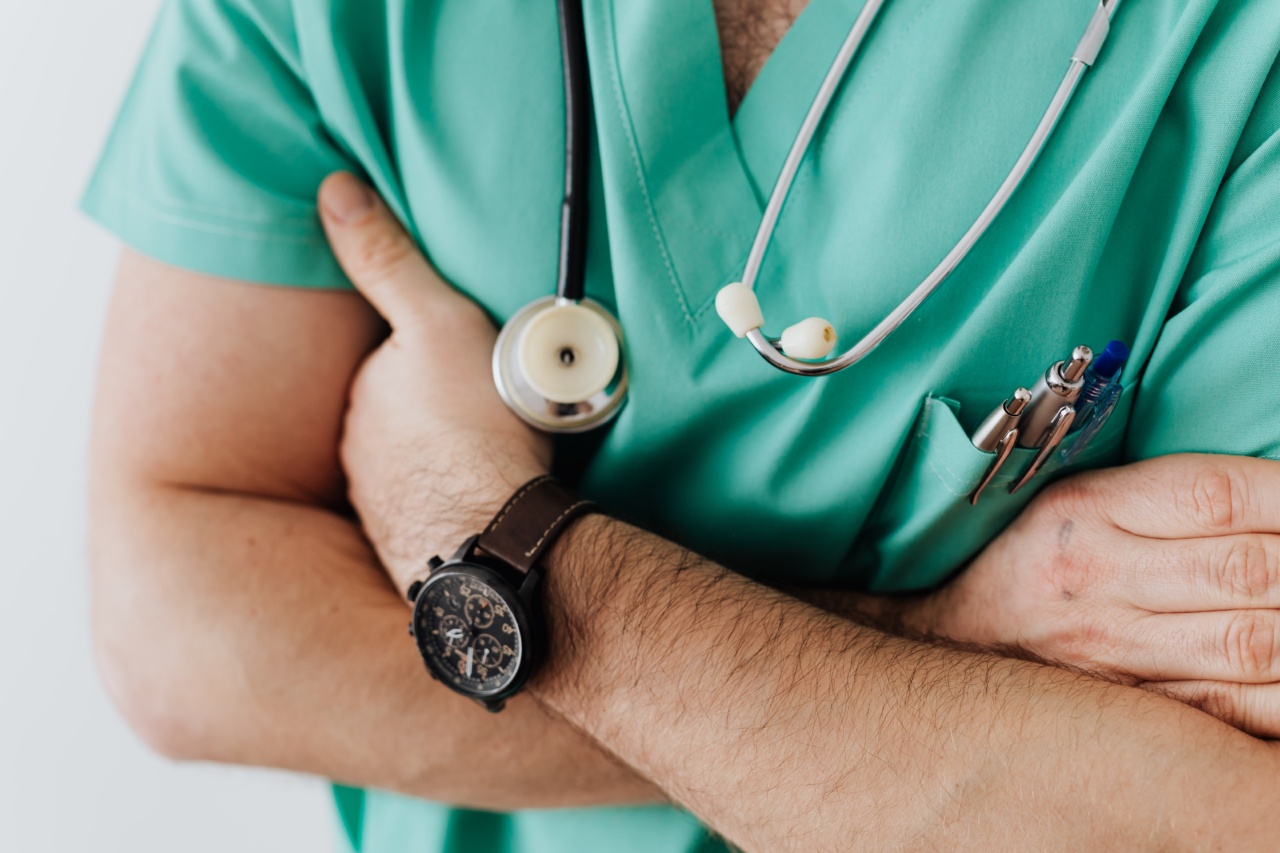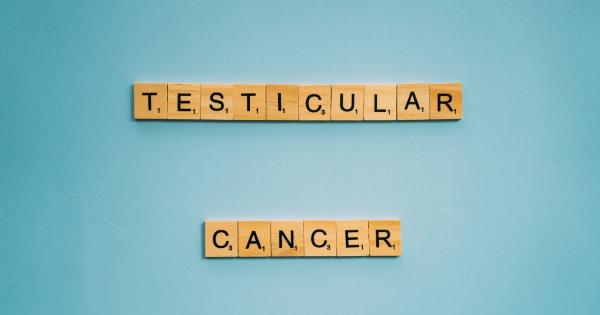When it comes to cancer, early diagnosis can make a world of difference. The earlier cancer is detected, the better the chances are of successful treatment and long-term survival.
In fact, research has shown that early detection of cancer can increase the chances of survival by up to three times. This underscores the vital importance of regular screenings, awareness, and prompt medical attention.
The Harsh Reality of Late Diagnosis
One of the biggest challenges in fighting cancer is late diagnosis. Many forms of cancer have no early warning signs or symptoms, making it difficult for individuals to detect the disease on their own.
By the time symptoms do appear, the cancer has often reached advanced stages, making it much harder to treat and reducing the chances of survival.
Cancer, when left undiagnosed or diagnosed at a later stage, can rapidly spread to other parts of the body through metastasis. This can lead to complications and the need for more aggressive treatments like chemotherapy or radiation therapy.
Late-stage cancer often requires a multi-faceted approach that may involve surgery, targeted therapies, or immunotherapy. The challenges and prognosis for patients diagnosed at advanced stages are significantly different from those diagnosed at an earlier stage.
The Power of Early Diagnosis
Early detection plays a critical role in improving cancer outcomes. By catching cancer at its earliest stages, the treatment options are often less invasive and more effective.
Many cancers, including breast, prostate, and colon cancer, have higher chances of being successfully treated when detected early.
Regular screenings and routine check-ups are essential for early diagnosis.
Depending on the type of cancer and individual risk factors, screenings may include mammograms, Pap tests, colonoscopies, prostate-specific antigen (PSA) tests, and skin exams to detect melanoma. These screenings can detect cancer before symptoms develop, increasing the likelihood of successful treatment and improving long-term survival rates.
Reducing Cancer Mortality Rates
Early diagnosis not only improves an individual’s chances of survival but also plays a crucial role in reducing mortality rates at a population level.
When cancer is detected early, it is often localized or has not spread to nearby lymph nodes or distant organs. As a result, the cancer is more treatable and the likelihood of a full recovery is significantly higher.
Moreover, early diagnosis allows for timely intervention, which can prevent cancer from progressing or spreading further.
This reduces the need for extensive treatments, lowers healthcare costs, and improves the overall quality of life for cancer patients.
Promoting Awareness and Education
Raising awareness about the importance of early cancer diagnosis is essential in preventing late-stage diagnosis and improving survival rates.
Education campaigns and community outreach programs play a vital role in ensuring people understand the importance of regular screenings and seeking medical attention at the first signs of trouble.
Healthcare providers, in collaboration with nonprofit organizations and governments, need to work together to provide information and resources that encourage early detection.
This can involve public service announcements, educational materials, and accessible screening programs to reach underserved communities.
The Role of Healthcare Professionals
Healthcare professionals, including primary care physicians, play a critical role in diagnosing cancer early. For many individuals, their primary care physician is the first point of contact for any health concerns, including potential cancer symptoms.
By being proactive and attentive to patients’ complaints, physicians can ensure timely referrals to specialists and facilitate early diagnosis.
Furthermore, healthcare professionals have a responsibility to stay updated on the latest advances in cancer diagnosis and treatment methods.
This enables them to provide the best care, offer appropriate screenings, and identify early warning signs effectively. By staying informed and continually expanding their knowledge, healthcare professionals can contribute significantly to improving cancer outcomes.
Encouraging Self-Advocacy
Promoting self-advocacy is crucial in empowering individuals to take an active role in their healthcare. Being aware of potential cancer symptoms and having the confidence to discuss them with healthcare providers can lead to earlier diagnoses.
It is important for individuals to pay attention to their bodies and not ignore any warning signs.
Symptoms such as persistent fatigue, unexplained weight loss, changes in bowel or bladder habits, a lump or thickening, difficulty swallowing, or a new mole should be addressed promptly with a healthcare professional. Trusting one’s instincts and seeking medical attention can be life-saving.
The Importance of Routine Check-Ups
In addition to self-advocacy, routine check-ups with healthcare providers are essential for early cancer detection.
These visits allow physicians to assess overall health, discuss any concerns, and order appropriate screenings based on age, gender, and individual risk factors.
Regular check-ups provide an opportunity to establish a baseline and monitor any changes in health over time. They allow for early intervention and timely treatment, ensuring the best possible outcomes for patients.
Don’t Delay, Act Today!
The importance of early diagnosis in cancer cannot be overstated. Detecting cancer at its earliest stages significantly improves the chances of survival and reduces healthcare burdens.
From creating awareness and educating communities to encouraging self-advocacy and routine check-ups, every action taken toward early diagnosis is a step forward in the fight against cancer.




























